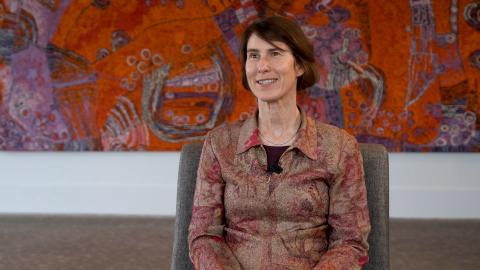The Translational Simulation Collaborative (TSC) offers expertise in achieving healthcare quality and safety outcomes through translational simulation, i.e. simulation that is designed to explore and improve systems, workflows, care processes, and physical spaces.
Drawing on our combined expertise in healthcare simulation, education, quality improvement and anthropology, we work with Australian and international institutions – hospitals, health services, universities and industry partners – to develop and apply translational simulation strategies.
We aim to:
- Identify how simulation impacts high performing teams and the provision of clinical care;
- Use translational simulation to impact organisation culture and patient outcomes; and
- Collaborate with local, national and international groups seeking to identify best practices, novel methods and sustainability of translational simulation.
Key focus areas
- Consultancy for health services and educational institutions – including the development of translational simulation programs and tailored staff development workshops and seminars that incorporate simulation design.
- Educational offerings for simulation practitioners – our courses on translational simulation in healthcare and applied translational simulation.
- Research – focusing on the role of translational simulation in quality improvement, procedural safety and efficiency, and for developing high performance teamwork in healthcare.
